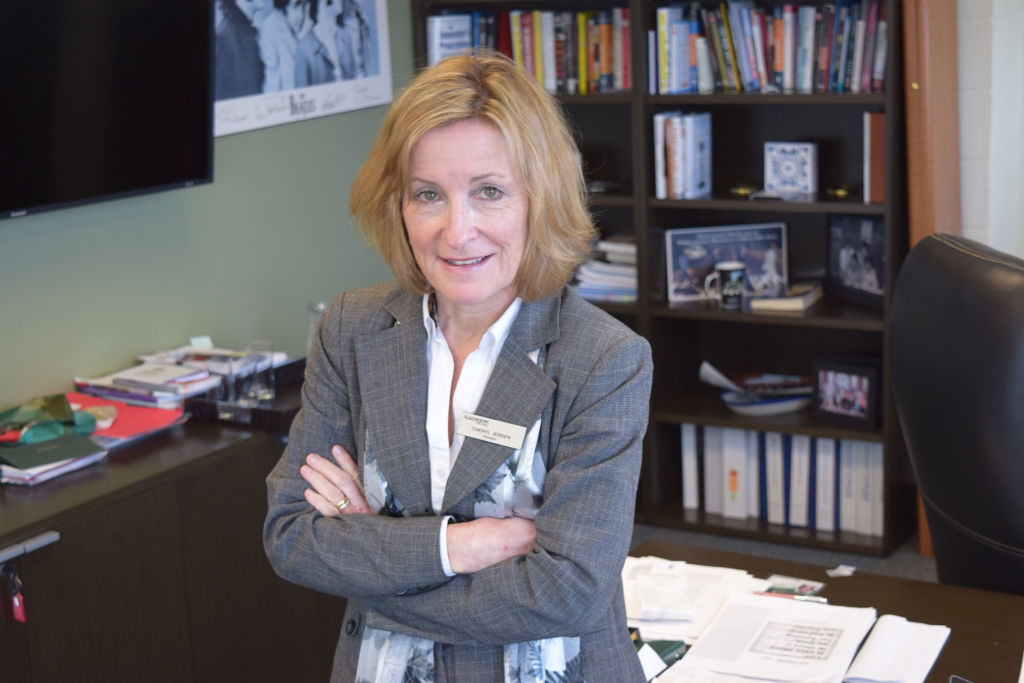The details of how Algonquin is going to wrap up its Saudi Arabia campus remains unknown.
Over the summer, the college announced in a press release they would be pulling out of the controversial male-only Saudi campus in Jazan, citing financial reasons. That move is costing Algonquin more than $4.3 million, to be drawn from its reserve funds.
“After more than a year of negotiation, we were unable to come to an agreement that would have met our financial objectives,” Algonquin College president Cheryl Jensen said in the press release. “We have said from the beginning that the Jazan Campus must be financially viable for us to continue operating.”
The school has lost $1.6 million since opening in 2013.
After only three years and much controversy, Algonquin’s Board of Governors has directed senior management to transfer responsibility of the campus to Saudi authorities. In the press release, negotiations were scheduled to be completed by Sept. 18.
The college has not commented on the outcome of those negotiations.
The next step for the Jazan campus — and what happens to the students who have completed only part of their diploma so far — is unclear.
Scott Anderson, Algonquin’s executive director of communications, was not available for comment on the subject before before the Times went to print.
The school opened in 2013 to offer two-year business, accounting and technical program diplomas free of charge to students in Jazan looking to build a better future – but only to men. Operating under Sharia Law, in a country that is notorious for its human rights violations, the short time Algonquin spent in Saudi Arabia was met with media criticism and public scrutiny.
The college tried to open a sister facility for women in Jazan, but their bid was not accepted.
President Jensen attributed the failure of the Jazan campus to a change in governance and the fall in the price of oil.
At the time of opening, there were 850 students enrolled. In the first year it had developed a drop-out rate of 90 per cent, mainly due to the lower level of English than the college had presumed when planning out the curriculum.
Enrolment was a challenge, according to Jensen.
The college will continue looking for other new international campus opportunities, she said.
“What changes countries? Education,” Jensen said.
“We have an education system in Canada that other countries envy.”


